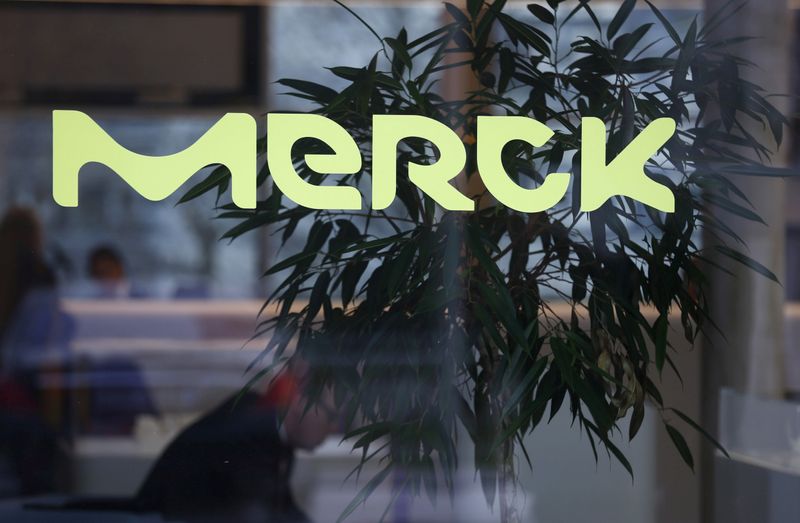Apple investigating outages affecting Apple TV+, Apple Music services
Investing.com -- Merck & Co (NYSE:MRK) reported stronger-than-expected earnings for the first quarter while trimming its profit outlook for the full year. The company’s shares rose around 1% in premarket trading Thursday.
The drugmaker reported Q1 earnings per share (EPS) of $2.22, exceeding the consensus estimate of $2.14.
Revenue for the period came in at $15.53 billion, also above expectations of $15.33 billion, but down 1.6% from the prior year.
Sales of Merck (NSE:PROR)’s cancer drug Keytruda increased 3.7% year-over-year to $7.21 billion but fell short of the $7.45 billion estimate.
Meanwhile, Gardasil revenue dropped sharply to $1.33 billion, a 41% decline, primarily due to weaker demand in China. This was partially offset by stronger demand in Japan and the U.S., along with improved pricing.
Operating expenses were broadly in line with forecasts. Adjusted SG&A expenses totaled $2.5 billion, slightly above the $2.47 billion estimate, while R&D spending reached $3.6 billion, matching projections.
“Our company made strong progress to start the year, with increasing contributions from our newer commercialized medicines and vaccines and continued advancement of our pipeline,” said Robert M. Davis, chairman and CEO of Merck.
“We are working with focus and urgency to both realize the full potential of our near-term opportunities and to rapidly progress the next wave of innovation that will positively impact the lives of patients and drive future value creation for all of our stakeholders.”
For the full year, Merck trimmed its adjusted EPS guidance to a range of $8.82 to $8.97 from the previous $8.88 to $9.03.
The company said the new outlook reflects the impact of a $0.06 per share charge related to a licensing agreement with Hengrui Pharma, as well as a $0.09 per share charge tied to a payment to LaNova for MK-2010.
The company maintained its revenue forecast of $64.1 billion to $65.6 billion, in line with the $65.1 billion consensus. However, it now expects an adjusted gross margin of about 82%, down from the earlier projection of 82.5%.
Merck’s guidance incorporates around $200 million in additional costs linked to U.S. and foreign-imposed tariffs, with China representing the most significant exposure.
